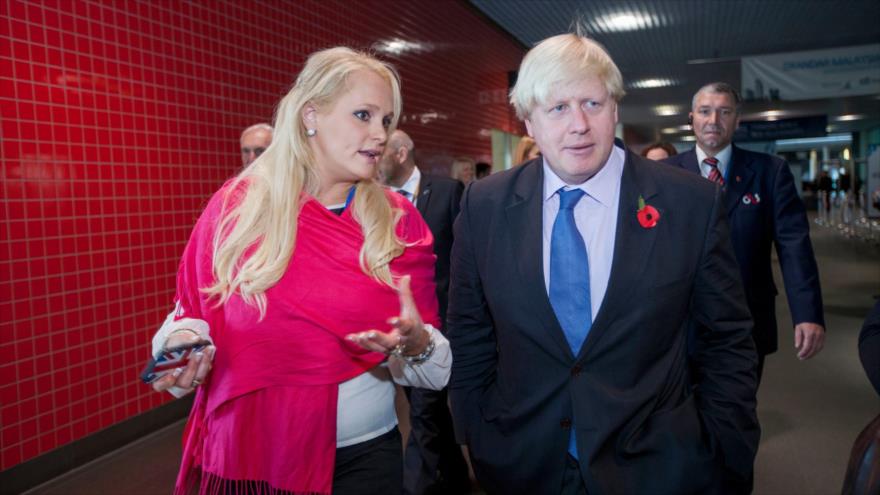Three key moments in our history have recently animated the public debate: Napoleon, the Paris Commune, the Algerian war. From the first, we commemorate the bicentenary of death (1821). The second, the one hundred and fifty years (1871). From the third, the memorial work continues through, in particular, the recognition by France that Ali Boumendjel was “tortured and murdered” by the French army (1957).
With the silt they move, with the alluvium they carry, these events have forged an intimately common experience, mingled their waters to make us what we are. France is not, as we know, a country of confluence but of controversy. Thus, in the surrounding discourse, Napoleon is EITHER a visionary founding father OR a dictator, tyrant and slave owner. The Commune is EITHER the advent of Socialism crushed by the Bourgeoisie OR a pre-Bolshevik insurrection which deserved its crushing. The Algerian separatists are OR MANY anti-colonial heroes whose end would excuse the means OR MANY terrorists against whom it was necessary to crack down. We have the genius of keeping alive not the memory of the events themselves, but that of the deep fractures that in their time they inevitably aroused.
History, with us, is not the place of reconciliation. It is this hearth whose flame we feed as if to relive its burn perpetually. This is how we hear a left-wing deputy refusing the Republic to commemorate Napoleon on the pretext that he would have perpetrated a coup d’état against the Republic (analysis moreover very questionable), while the Commune, a coup de force against the nascent Republic, is by the same reach to the pinnacle. The ghouls of Marc Bloch (“There are two categories of French people who will never understand the history of France, those who refuse to vibrate at the memory of the coronation of Reims; those who read without emotion the story of the feast of the Federation”) will do nothing: France loves nothing so much as its wounds. They cross the political field like perhaps nowhere else. They draw its intimate cartography and symbolic texture.
Limited offer. 2 months for 1 € without commitment
–
A memory now compassionate
These three episodes from our past have one thing in common. They were moments of violence. Napoleon because he was a slave; the Communards because they shed blood; Boumendjel because he was planting bombs. This violence, our societies are no longer ready to admit it as an inevitable setback of history, because all violence causes victims. Our time is resolutely on the side of the victims. What now unites us in our history is the consideration of the suffering of human beings, communities, minorities and peoples. Our contemporary memory is essentially compassionate. Behind the roaring tale of battles and conquests, we now want to remember the blood of the humble, the pain of the innocent, the violence done to the anonymous who asked for nothing. Perhaps it started with us with the resurfacing – overwhelming, astonishing – of the memory of the deportees of the Shoah. We saw then arise for the first time perhaps the testimony, you for forty years, of men and women who had not fought the war, who had not won any battle, who were not companions of the Liberation – but which of the war had known the most authentically infernal face. Who had seen the face of Evil. This earthquake reoriented our gaze.
The part of the victims in the national memory is amply assured. It is a great merit of our time to have done so. It makes us grow. However, if it is important not to forget the fate of the victims, it is also important to understand that History remains the place of noise and fury. It is the theater of the highest virtues – bravery, sacrifice, heroism – which make us proud, like the lowest vices – treason, cruelty, barbarism – which haunt us. So, whether we like it or not, at historic height, Napoleon, Louise Michel and Ali Boumendjel walk together.
Sanitize History, eliminate from the narrative of peoples what hurts, what shames, what overwhelms, draw a story from which all shadows would be carefully chased so that the blissful light of a good conscience does not remain, should not become our way of looking at history. We must, whether we like it or not, contemplate the executioners to understand the victims of yesterday and those of today.
If we commemorate certain episodes, it is not to glorify their violence or to repeat their mistakes: it is so as not to be the dupes of our own path. It is neither to simplify, nor to edify, nor to excuse, nor to trivialize, it is to try to identify in the heart of violence the part of grandeur but also the part of truth which raises our conscience. It is the price of this “universal” that we cherish so much. To go blind is not to make oneself lucid. To make of us voluntary sleepwalkers is to promise ourselves difficult awakenings.
Opinions
Ideas and debates






